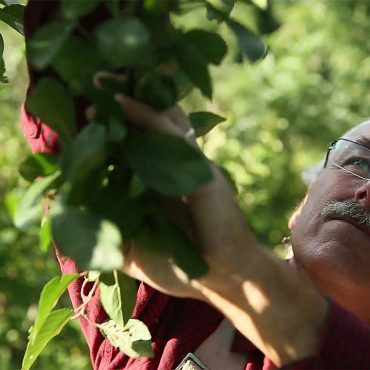
Turn your orchard into a resilient ecosystem with these steps! From Stefan Sobkowiak of Miracle Farms: 143
We’ve covered so many different ways to approach reforestation, both with native species and mixes of natives and orchard trees. In today’s session I wanted to focus on fruit orchards […]

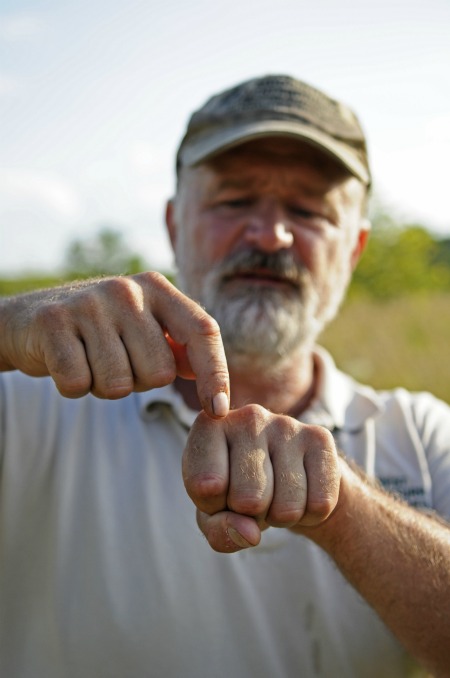

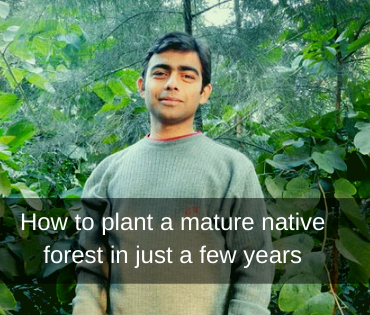
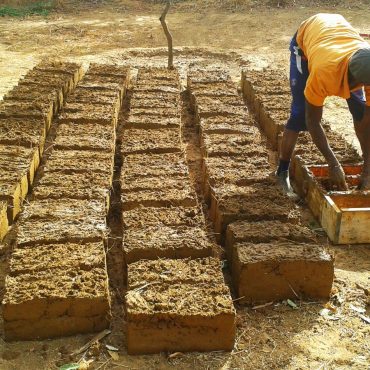
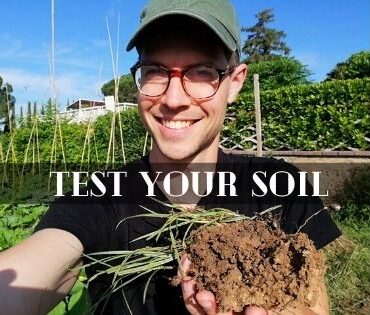
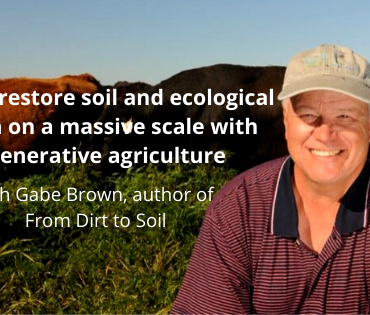
Post comments
This post currently has 1 comment.